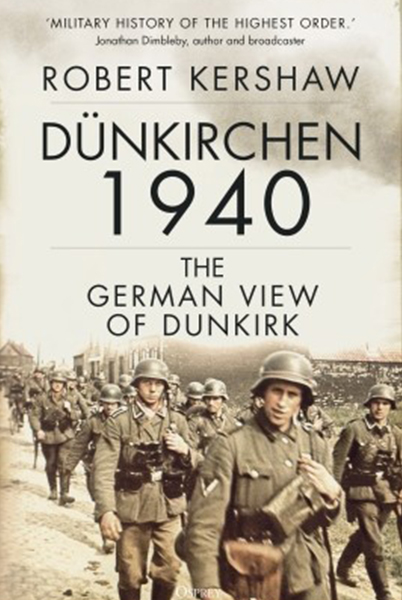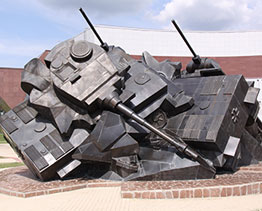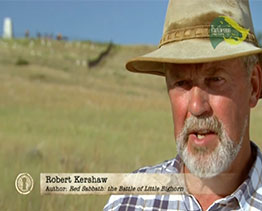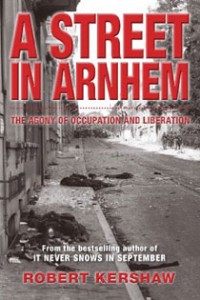Robert J Kershaw
Military Author and Battlefield Tour Guide
Robert Kershaw, who until recently held a senior position within NATO, joined the Parachute Regiment in 1973 and has served actively in Northern Ireland, Bosnia and the first Gulf War, for which he was awarded the US Bronze Star. He has written twelve books of military history and has contributed to The Times, The Sunday Times, the Daily Telegraph and the Sunday Telegraph.
He regularly conducts battlefield tours for groups and private parties, to Europe including Russia, the United States and South Africa. He has appeared in a number of National geographic and more recently The History Channel and is available to lecture and conduct after dinner historical talks.
THE HILL
Individuals in conflict can decisively influence the outcome of a battle. Examples abound, Leonidas and his desperate lonely Spartan defence of the narrow pass at Thermopylae in 480 BC, against the entire might of the invading Persian army. An unknown standard bearer from Ceaser’s Tenth Legion leapt into the sea off Deal in 55BC and secured a foothold for the first Roman invasion of Britain. A single cavalry officer, carried a message causing the British Light Brigade to charge the Russian guns at the wrong end of the ‘Valley of Death’ at Balaclava in 1854. US General George Armstrong Custer in deciding to attack a massive Indian village at the Little Bighorn in 1876 caused the loss of the greatest number of American soldiers perishing in a single day since the end of the American Civil War, over a decade before. General von Paulus’ failure to break out the 6th German Army at Stalingrad in 1942 from Russian encirclement possibly cost Germany the Second World War.
It is the actions of similarly important individuals that resulted in the loss of Hill 107 on Crete in May 1941, the key event that decided the entire campaign to capture the island.
Read the introduction
Available via Amazon


DÜNKIRCHEN 1940
The ‘miracle of Dunkirk’ is lauded in British history and folklore as a victory of human endeavor, celebrated each year with a profusion of TV documentary veteran accounts and memorial services. German soldiers constantly referred to the wunder or miracle of reaching Dunkirk in wartime letters back home. There the resemblance ends. For the British it was a miracle of survival and deliverance, for the Germans it was one of achievement. They had reached the sea in May 1940 in less weeks than it took years for their fathers not to succeed in 1914-18.
Read the introduction
Available via Amazon
BORODINO FIELD
1812 / 1941
The name Borodino Field resonates with patriotism and Mother Russia for Russians. The battle in September 1812 is known to most as one of the epic climaxes in Tolstoy’s War and Peace. Napoleon’s pyrrhic victory there took the French Grande Armée to the gates of Moscow and on to catastrophe during the subsequent winter. Another lesser known, but equally bitter battle was fought at Borodino Field in October 1941. This time Hitler’s SS and panzers came up against elite Soviet Siberian troops defending Stalin’s Moscow. Remarkably, they fought in the same woods and gullies that follow the line of the Koloch River flowing through the middle of the historic battlefield. Tsarist and Soviet troops twice faced invaders here, coming from the west in 1812, and again in 1941. Only rarely in the history of human conflict do key battles occur in the same place.
Read the introduction
Available via Amazon

Books
Robert has written ten books, also now in paperback with titles printed in the UK, US, Germany, Holland, Russia, Lithuania, Spain, Hungry, Poland and Australia.
Battlefield Tours
Robert has completed and led a substantial number of battlefield tours across three continents – America, Europe, the Middle East and Africa.
TV Documentaries
Robert has recorded for BBC radio and interviewed on numerous TV documentaries including Dutch TV and National Geographic.






